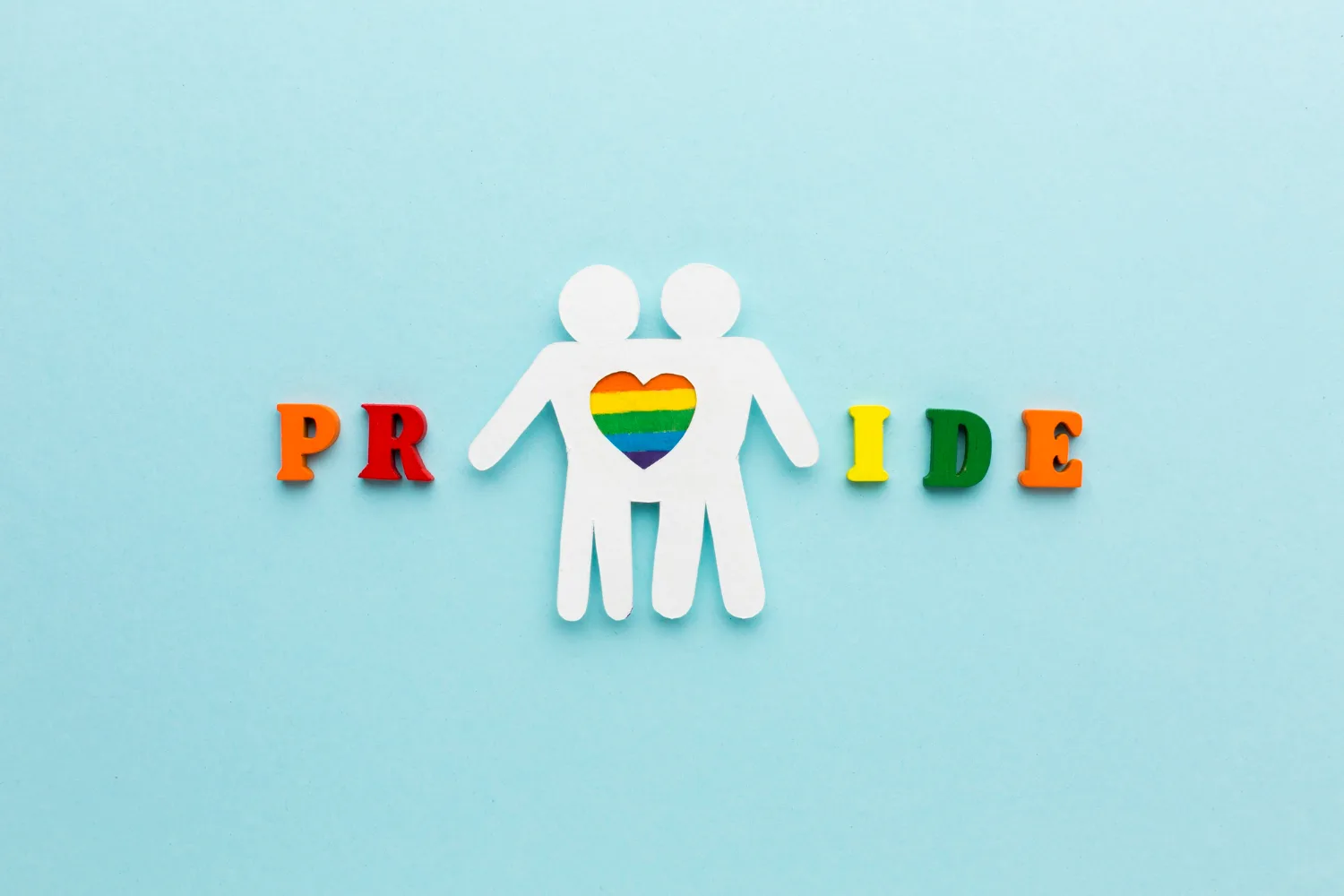Understanding LGBTQ+ Family Planning Options
In today’s society, families come in all shapes and sizes, and the LGBTQ+ community is no exception. For those who identify as lesbian, gay, bisexual, transgender, queer/questioning, intersex, or asexual/aromantic/agender (LGBTQI+), the journey to parenthood may involve unique considerations and options. Let’s explore some of these avenues for LGBTQ+ individuals and couples who dream of starting a family.
Planning Ahead:
Before embarking on the journey of parenthood, it’s essential to plan ahead. Seeking guidance from a fertility specialist is a crucial first step. During this consultation, prospective parents will discuss their medical history, undergo examinations, and explore various parenting options tailored to their needs and preferences.
Equal Access to Fertility Clinics:
In the UK, same-sex and bisexual individuals have the same rights to access licensed fertility clinics as their heterosexual counterparts. Regardless of sexual orientation, everyone deserves the opportunity to explore their fertility options.
Considerations for Same-Sex Male Couples:
For same-sex male couples, options may include egg or embryo donation combined with gestational surrogacy. This process involves using the sperm of one or both partners, along with donor eggs, which are then transferred to a surrogate mother who carries the pregnancy to term.
Navigating Surrogacy:
Surrogacy, whether full or partial, presents legal and ethical considerations. It’s important to understand the legal requirements, including parental orders, to ensure the rights of all parties involved.
Resources for Same-Sex Male Couples:
Websites like Twodadsuk and organizations like Surrogacy UK provide valuable information and support for gay couples exploring surrogacy as a path to parenthood.
Options for Same-Sex Female Couples:
Assisted reproduction technologies such as intrauterine insemination (IUI) with donor sperm or in vitro fertilization (IVF) offer viable options for same-sex female couples. Reciprocal IVF, where one partner provides eggs and the other carries the pregnancy, allows both partners to play active roles in the conception process.
Choosing a Sperm Donor:
Whether using a licensed sperm bank or a known donor, careful consideration should be given to choosing a sperm donor. Donors undergo thorough screening to ensure the safety and health of both the donor and the prospective child. More information on choosing and using a donor can be found on the Human Fertilisation and Embryology Authority (HFEA) website.
Considerations for Transgender and Non-Binary Individuals:
For transgender and non-binary individuals, fertility preservation before undergoing hormone therapy or surgery is an important consideration. Options such as freezing eggs, sperm, or embryos allow individuals to preserve their fertility for future family planning. Further details on fertility preservation can be found on the HFEA website.
Adoption and Fostering:
Adoption and fostering are additional pathways to parenthood for LGBTQ+ individuals and couples. Organizations like First4Adoption and Foster Care Associates (FCA) offer support and resources for those interested in fostering or adopting children.
Prioritizing Health and Well-being:
Throughout the fertility journey, it’s essential to prioritize both physical and emotional well-being. Support networks, counseling services, and online communities such as LGBT Mummies and Two Dads UK can offer valuable support and guidance.
Conclusion:
The path to parenthood for LGBTQ+ individuals and couples may involve unique considerations and options. By seeking guidance from fertility specialists, exploring available resources, and building support networks, LGBTQ+ individuals and couples can navigate the journey to parenthood with confidence and optimism.

Reference
1. Fertility treatment for LGBT+ people (15th February 2023) HFEA. Available at: https://www.hfea.gov.uk/i-am/fertility-treatment-for-lgbt-people/
2. NHS choices.Ways to become a parent if you’re LGBT+. Available at: https://www.nhs.uk/pregnancy/having-a-baby-if-you-are-lgbt-plus/ways-to-become-a-parent-if-you-are-lgbt-plus/

